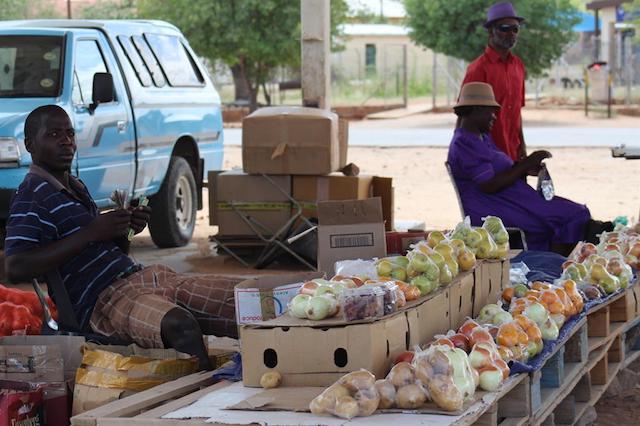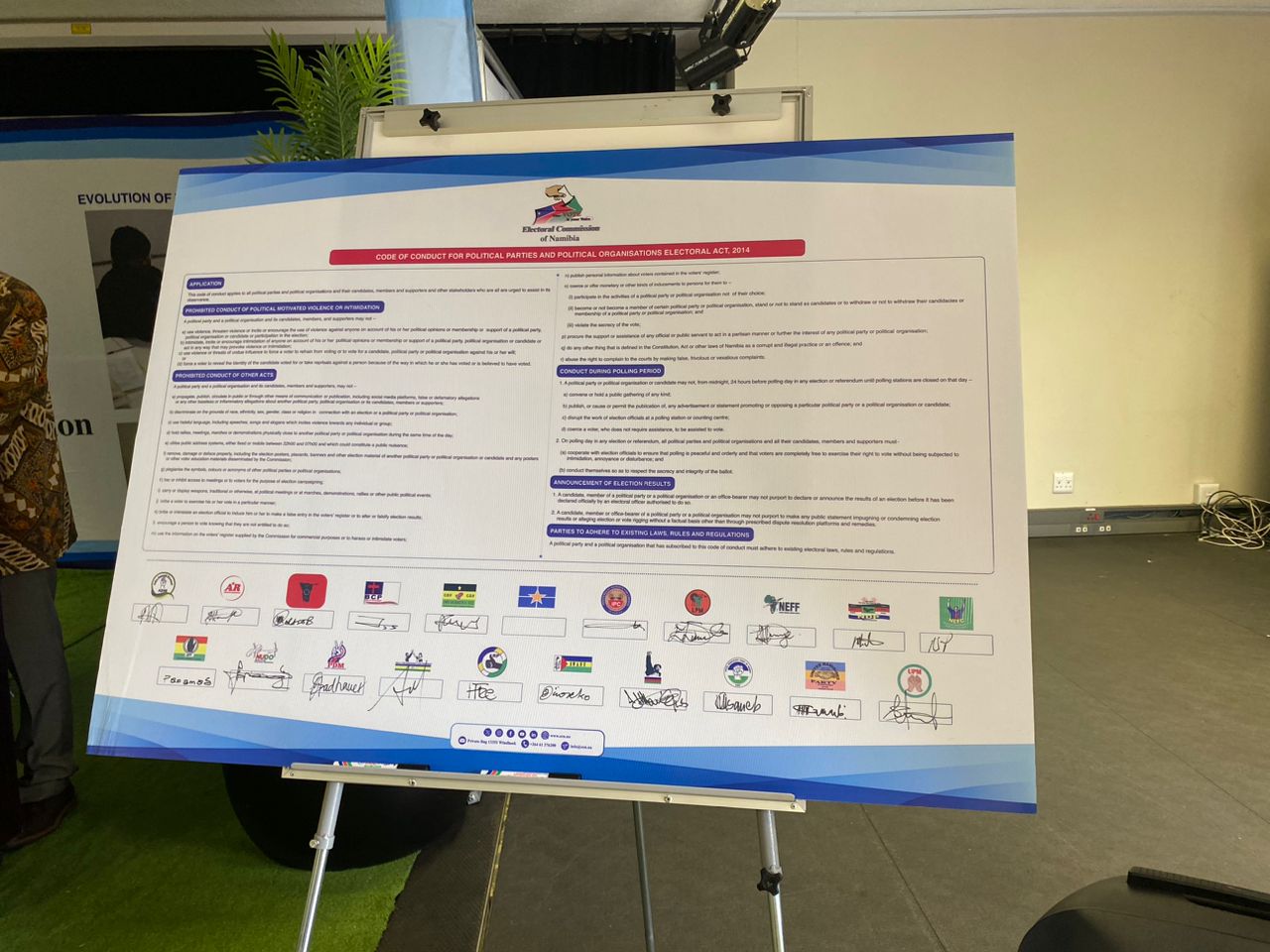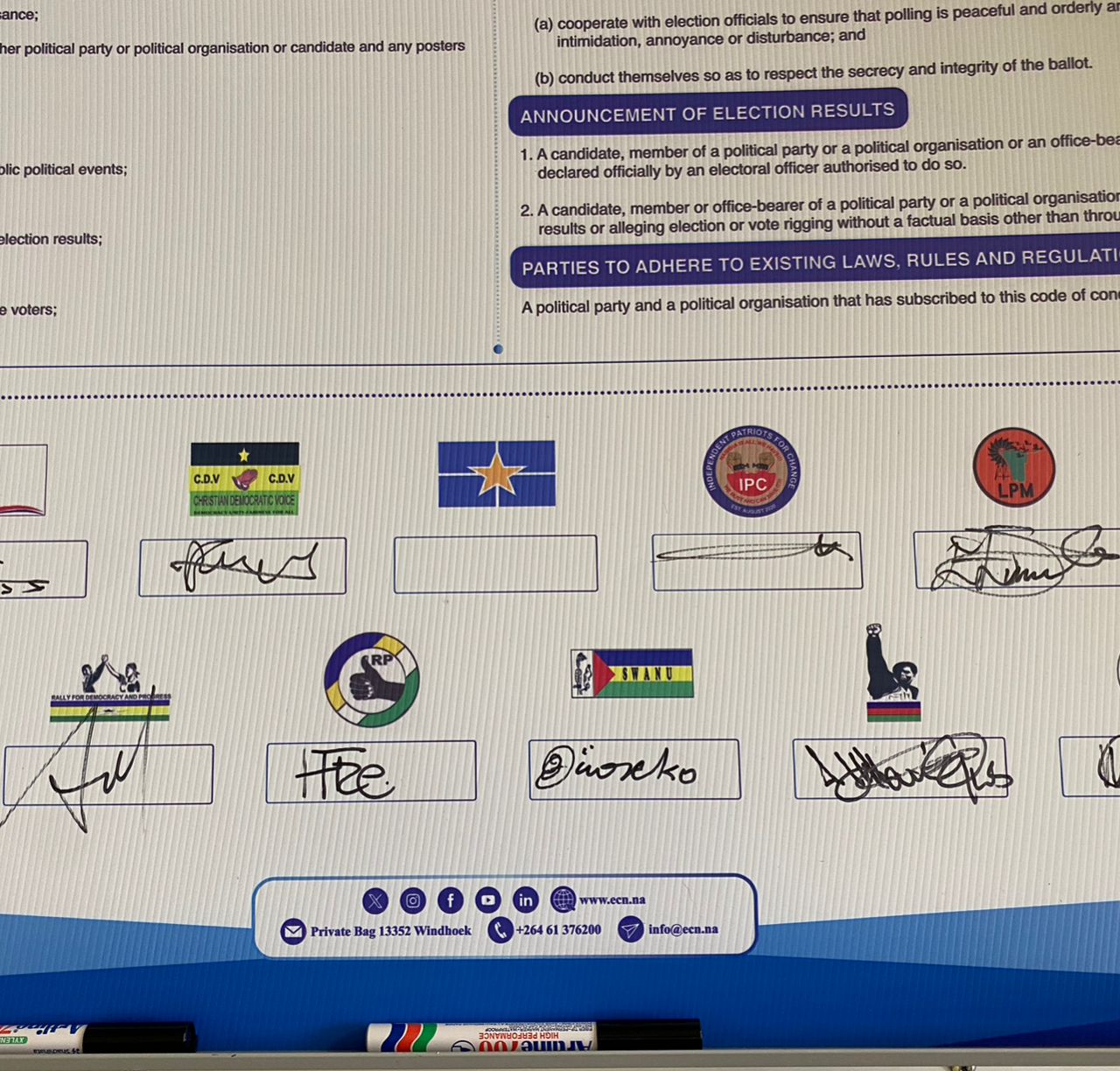NAMIBIAN-produced products are not inferior, and buying them should continue to ensure that the local economy grows roots.
After a month-long Buy Local, Grow Namibia initiative, organisers say several misconceptions about Namibian products have also been cleared, with many retailers having them in stock.
As part of the organisers, Namibia Trade Forum marketing and communication officer Nankelo Amuphadhi said the initiative opened Namibians up to several good quality local products, that most people were not aware of.
But it should not end there.
“The way forward is to continue the trend to support local products and services, through promoting our products and services on any platform that we have,” said Amupadhi.
Although at times local goods come at a cost, she said paying an extra dollar or two should not be a deterrent, as only then can Namibian industries grow with economies of scale and create jobs and grow the economy.
One of the aims of the campaign was to encourage all Namibians to take responsibility to grow the economy and help the country to recover and be stronger post-Covid-19.
Amupadhi said the initiative was not only about pushing for local support, but will also aim at bringing Namibian goods at par and subscribing to international standards.
“The second phase to the Buy Local Grow Namibia campaign is to have workshops for local producers on Namibia Standards Institute (NSI) standards, how to acquire barcodes through the Namibia Barcode Centre as well as requirements from the different retail partners so that retailers can open more shelves to Namibian-made products,” she said.
But, for this to happen, Amupadhi said producers must have the capacity and capability in terms of capacity building to ensure sustainability.
Also, phase two, she said, will get Namibian businesses ready to start taking advantage of the continental markets that are opening through the Africa Continental Free Trade Agreement.
“Producing and buying local is also about supporting wealth creation in our communities and sustainable development. When we buy/use locally produced goods and services, we are exercising our power to support local producers, workers, the environment and the entire economy which leads to economic growth and sustainability of such growth,” said Amupadhi.
She added that buying local would also ensure that local farms and local businesses remain vibrant and productive even during an economic downturn.
Experience from other developing countries shows that investment promotion can make a significant contribution towards economic transformation when these efforts are carefully targeted and the projects are well-integrated into domestic and regional value chains.
The public procurement system and private sector procurement practices can make an important contribution towards stimulating demand for local products.
This is one of the ways to stimulate growth in manufacturing and to make the buy local campaign viable.
The initiative ran for 31 days throughout October, and was launched by the Ministry of Industrialisation and Trade to bolster local production, while at the same time striving to strengthen the domestic economy.
Team Namibia, the Namibia Trade Forum, The Namibian newspaper, The United Nations Namibia office and Weatherman & Co collaborated to make the initiative a success and saw notable retailers such as Spar, Pick n Pay Namibia, Shoprite/Checkers, Woolworths’ and Agra showcasing a range of local products all over the country with specific stickers showing the ‘Buy Local Grow Namibia’ logo.
This further assisted Namibians to see the products that retailers are supporting and it also showed the country that retailers are ready to stock local products.
Email: bottomline@namibian.com.na
Stay informed with The Namibian – your source for credible journalism. Get in-depth reporting and opinions for
only N$85 a month. Invest in journalism, invest in democracy –
Subscribe Now!






